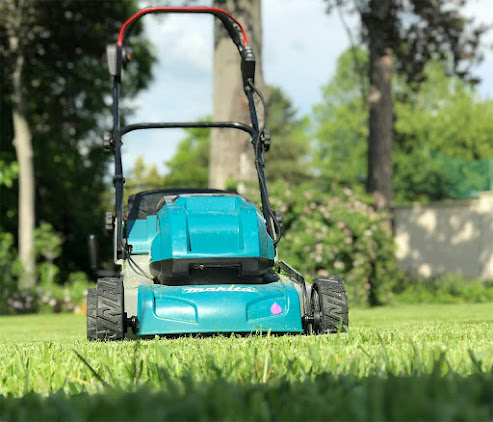Top 10 Mosquito Repellent Plants For Home Garden
Mosquitoes are more than just a nuisance; they're carriers of various diseases, making their control a priority in many households.
While commercial repellents and mosquito control solutions are widely available, integrating mosquito repellent plants into your home garden offers a natural and aesthetically pleasing way to reduce your mosquito troubles.
These plants contain natural oils and compounds that mosquitoes find offensive, thus serving as a gentle yet effective deterrent. Here's a list of the top 10 mosquito repellent plants you can grow in your home garden to keep those pesky insects at bay.
1. Citronella Grass (Cymbopogon nardus)
Perhaps the most well-known mosquito repellent plant, citronella grass is the primary source of the citronella oil found in many mosquito repellent products. Its strong scent masks other attractants to mosquitoes, making it an effective deterrent. This plant thrives in full sun and well-drained soil.
2. Lavender (Lavandula)
Lavender is beloved for its fragrance and purple blooms, but its essential oils are also effective at repelling mosquitoes. Lavender plants prefer sunny locations and well-drained soil. They can be grown in garden beds or containers, making them versatile for any garden layout.
3. Marigolds (Tagetes)
Marigolds contain pyrethrum, a compound used in many insect repellents. Their bright flowers can add color to your garden while warding off mosquitoes and other pests. Plant marigolds in sunny spots with well-drained soil, either in the ground or containers.
4. Basil (Ocimum basilicum)
Basil isn't just a staple in the kitchen; it's also an effective mosquito repellent. The plant emits a scent mosquitoes dislike, especially when the leaves are crushed. Basil prefers sunny locations and moist, well-drained soil. It's an excellent choice for garden beds or kitchen window sills.
5. Lemon Balm (Melissa officinalis)
This easy-to-grow plant contains high levels of citronellal, which gives it a lemony scent and mosquito-repellent properties. Lemon balm can be invasive, so it's best planted in containers unless you don't mind it spreading.
6. Peppermint (Mentha piperita)
Peppermint's strong scent is unappealing to mosquitoes. The essential oils can also be extracted and used as a natural mosquito repellent. However, like lemon balm, peppermint can spread aggressively, so container planting is recommended.
7. Catnip (Nepeta cataria)
Research suggests that catnip may be even more effective at repelling mosquitoes than DEET, the active ingredient in many commercial repellents. This easy-to-grow plant prefers well-drained soil and can thrive in both sunny and partially shaded areas.
8. Rosemary (Rosmarinus officinalis)
Rosemary's woody scent is off-putting to mosquitoes. This herb prefers full sun and well-drained soil, making it suitable for both garden beds and containers. Its drought tolerance makes it a great choice for gardeners in warmer climates.
9. Geraniums (Pelargonium)
Scented geraniums, especially those with a lemony fragrance, are believed to repel mosquitoes. They prefer warm, sunny, and dry conditions, making them perfect for container gardening.
10. Bee Balm (Monarda)
Bee balm attracts pollinators like bees and butterflies to your garden while deterring mosquitoes with its fragrant leaves. Plant bee balm in areas with full sun to partial shade and moist, well-drained soil.
Incorporating these mosquito repellent plants into your home garden can help reduce your reliance on chemical repellents, creating a more natural and enjoyable outdoor living space.
Not only will these plants help keep mosquitoes away, but they'll also enhance the beauty and biodiversity of your garden, making it a more vibrant and inviting place for you and beneficial wildlife.
While these plants can deter mosquitoes, they're most effective when used in conjunction with other mosquito prevention methods, such as eliminating standing water where mosquitoes breed.



